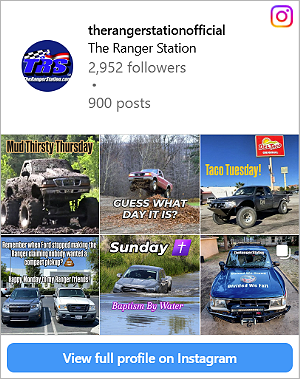RangerMan64
Well-Known Member
I recently fueled up and my truck started running like crap. Fixed it with some Heet water remover. My question is how do I get all of the water out? Although I am able to let it idle now and drive it, it will only go up to 15 mph on a hill that I used to go up at 25 mph(residential). What should I do? Luckily I have all day tomorrow to fix the truck, I just need some help from all you guys.
Thanks, any suggestions are much appreciated!
Thanks, any suggestions are much appreciated!














